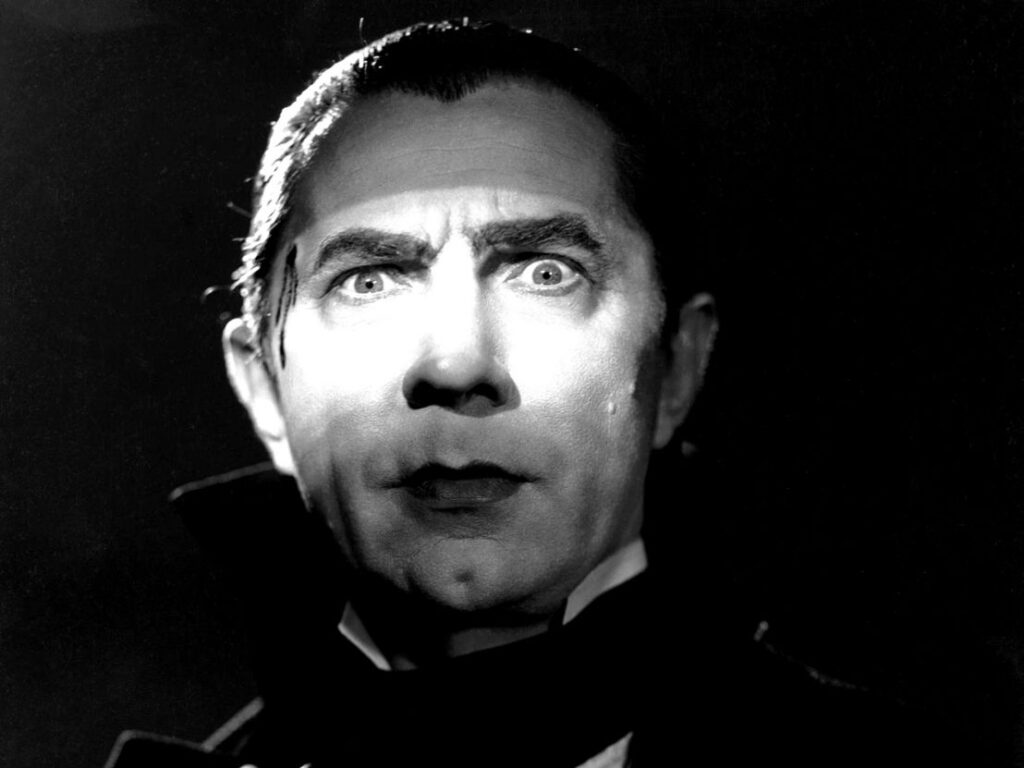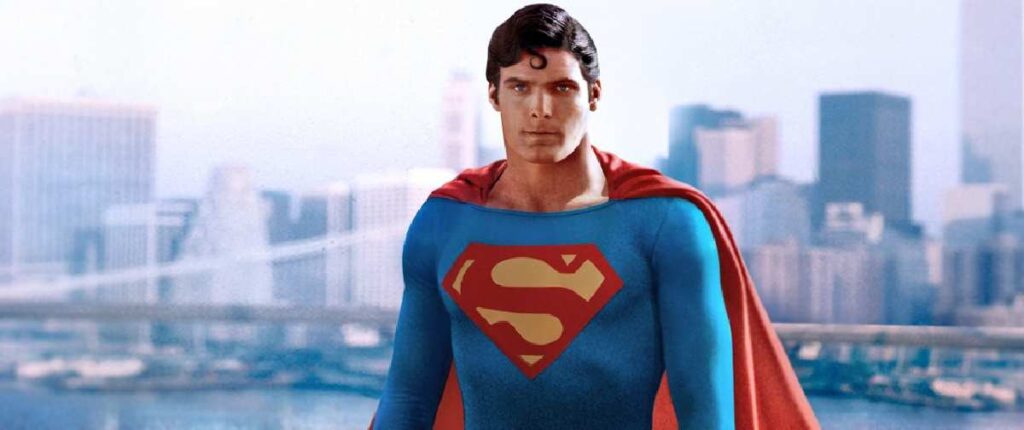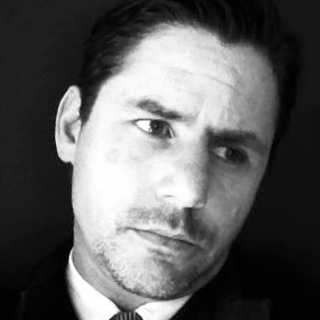
Why are people so impressed with evil? Does it really take a brilliant mind to create perversity? Do you remember Sid Phillips from the Pixar movie, Toy Story? His pleasure in life was terrorizing his little sister by taking her toys and using them to perform perverse operations on. He would tear off baby heads and attach them to steel spider arms, or put a shark face on his sister’s cloth dolly. In short, he was an absolute jerk and his kind of creepy creativity comes cheap. Beauty, on the other hand, takes real effort.
Evil is easy…and I think that is especially true when it comes to writing.
I have been reading a biography of C. S. Lewis, “The Making of C. S. Lewis”, in which the writer, Harry Lee Poe, shares a conversation Lewis had with a friend concerning writing characters in a book. He says, “Good characters are extremely difficult to create while evil characters are a simple matter.” And he says the reason for this is rather obvious, “We have no difficulty imagining people worse than we are, because of our ability to conceive doing terrible things that we never actually carry out. On the other hand, we have no frame of reference for imagining someone better than us.”
He continues, “The reason they — convincing good characters — are rare in fiction is that to imagine a man worse than yourself you’ve only got to stop doing something, while to imagine one better you’ve got to do something.” The discussion continues, “The very fact of temptation allows us to imagine evil. We do not really know what it feels like to be better than we are, and when novelists ‘guess at it,’ they tend to blunder.”
Philosophically speaking, it’s easy to think of evil as a haunting mysterious entity. People like to believe evil is equal and opposite to good. They will say we live in a dualistic world that is caught in the middle of a war between the two of them. Eastern philosophers call this constant tension the Yin and Yang of life. Yin and Yang include dark vs. light, negative energy vs. positive energy, old vs. young, as well as a whole host of polarized opposites. Two of those opposites also include good vs. evil. So for the dualist, creating good is just as easy or hard as creating evil.
But the traditional Christian view of evil sees it as an aberrant expression of the good. As one Christian writer has said, “There is only one proper way to draw a straight line, but a million ways to draw a crooked line.” Like cancer, evil needs the good and the healthy in order to live. Evil’s existence is a dependent existence. It cannot survive by itself.
In other words, evil is not original. It is a derivative of the original.
This is true in almost every area of life. Take parasites and predators in the animal world for example. Ticks, tapeworms, vultures, and vampires are all despised precisely because they live off the life of another. They cannot live on their own, they are using the health of another to acquire life and health. What would happen if they had no host? They would die. The way of evil always works like this. I think this is even true in creating writing and art. An evil character is much easier to conceive of than a good character precisely because it is easy to draw crooked lines. You take what already is there and you twist it. How hard is that?
Evil is interesting to us because it is allowed to break all the bounds. That is one of its skills, it isn’t beholden to any standards. Malcolm Muggeridge, a famous British television executive, and cultural commentator wrote, “Nothing is so beautiful, nothing is so continually fresh and surprising, so full of sweet and perpetual ecstasy, as the good; no desert is so dreary, monotonous, and boring as evil. But with fantasy, it’s the other way round. Fictional good is boring and flat, while fictional evil is varied, intriguing, attractive, and full of charm.”
I can remember when Silence of the Lambs won Best Picture in 1991. It starred Hannibal Lecter, the brilliant cannibalistic psychopath who helped solve the murder of another cannibalistic psychopath. When I first read about the book the whole thing seemed easy but was advertised as a brilliant work of fiction. Ever since that, I wondered, “Why are we so impressed with perversity?” Because as Muggeridge writes, “In fiction evil seems so intriguing and attractive.” I would add, because evil offers a quick intoxicating fix. It doesn’t ask anything of us, nor does it challenge us morally.
Goodness, on the other hand, without jumping to cheesy and sugary sweet sentimentalism, is actually hard to imagine. It takes effort to create real beauty.
There is a risk to writing such a character because evil is easier. Like clickbait, sensational evil with a bit of blood and guts attracts the simple reader. Severed heads and sexual escapades sell. Psychopaths like the one in Gone Girl and movies with campy villains portrayed in superhero flicks are all the rage. They are easy. But where is the character that against all odds, stays true? Where is the hero who holds fast while the world around him gives in? Now that character is hard to create.


As I thought about this, I wondered, what compelling fictional characters have I read are truly good? I think this is the whole reason people, especially men, are drawn to Lord of the Rings. J. R. R. Tolkien does all he can to create a world of nobility, honor, and chivalry. The Hobbits will die for each other, Aragorn is a humble king, Gandalf sacrifices for the sake of Middle Earth. C. S. Lewis’ Narnia series is cut from the same moral cloth. Aslan the Lion is a wonder to behold (I know people who are so drawn to him that they named their company after him). Even Anne of Green Gables captures the imagination because she is truly good.
You could make the argument you need a great villain to reveal the goodness of the hero. The wanton cruelty of the Joker helped contrast the strength of Batman. But something changed with Heath Ledger’s Joker, in the eyes of the audience he became the hero. His capricious nature held people spellbound, they called his acting brilliant. Was it genius or was it just unhinged craziness? I am not sure.

And was Batman truly good? Some say he was a gray character with compromised values which made him more real, more complex. But when real goodness is done right, it can be wonderfully compelling. There was something magic about Christopher Reeve’s original Superman. For a ten year old boy watching him zoom across the silver screen with his cape of red, fighting for truth, justice and the American way without questions of his character, it was someone you wanted to follow and be like.
Those genuinely true souls are the characters that are not being written about anymore. We want Game of Thrones, bloody battle after bloody battle, sexual indiscretion after sexual indiscretion. Easy stuff. Hosea the prophet described a time when no good people existed anymore:
“There is no faithfulness, no love,
no acknowledgment of God in the land.
There is only cursing, lying, and murder,
stealing and adultery;
they break all bounds,
and bloodshed follows bloodshed.
Because of this, the land dries up,
and all who live in it waste away;
the beasts of the field, the birds in the sky
and the fish in the sea are swept away.”
This is easy stuff. But you notice, the easy path always has a cost and no one is better for it.
I have been contemplating C. S. Lewis’ statement a lot lately, “We have no frame of reference for imagining someone better than us.” Maybe it is time we start trying. What does Christlikeness look like in a character on the page? How do you make humility compelling? What about having a character that is honest even to the point where it hurts?
I think if we spent the hard work creating compelling good characters we may hit a niche where people will clamor to read our writing. Don’t bend toward the evil, that is taking the easy way out.

Christopher J. Weeks is an author and has been a bartender, rugby player, salesman in the Chicago loop, teacher in Russia, and now for the last 25 years, he has been pastoring with his wife and four children at a rural church amidst the apple orchards of West Michigan farmland.






You’re only partially right because you see evil as breaking boundaries. Evil is actually bound it can do nothing but be evil. Good on the other hand is free. It is not a slave to sin. This is why we can’t imagine good characters, because as the Bible says “the heart is deceitful and desperately wicked and who can know it”, and “In me, that is in my flesh, dwells no good thing”. Even we as Christians who are no longer slaves of sin have difficulty because the flesh is still with us. Also evil is not an aberration of good. If that were the case you would be able to see something of the good in the evil, but evil bears no semblance of good. People can at times bear a semblance of good mainly because we were made in the image of God and even though people are evil because of the fall the evil is incapable of completely destroying the image of God in us. There is also a point that God restrains the evil in us or we would have ceased to exist long ago. But you are correct that it is difficult to produce truly good characters. It is also difficult to keep them good once created. This is easily seen in what Hollywood does with good characters. Give Hollywood 15 minutes with a good character from a book and they will pervert it. I grew up with comics and superheroes, but the superheroes of today are not the same as the ones I grew up with even though they are the same characters.